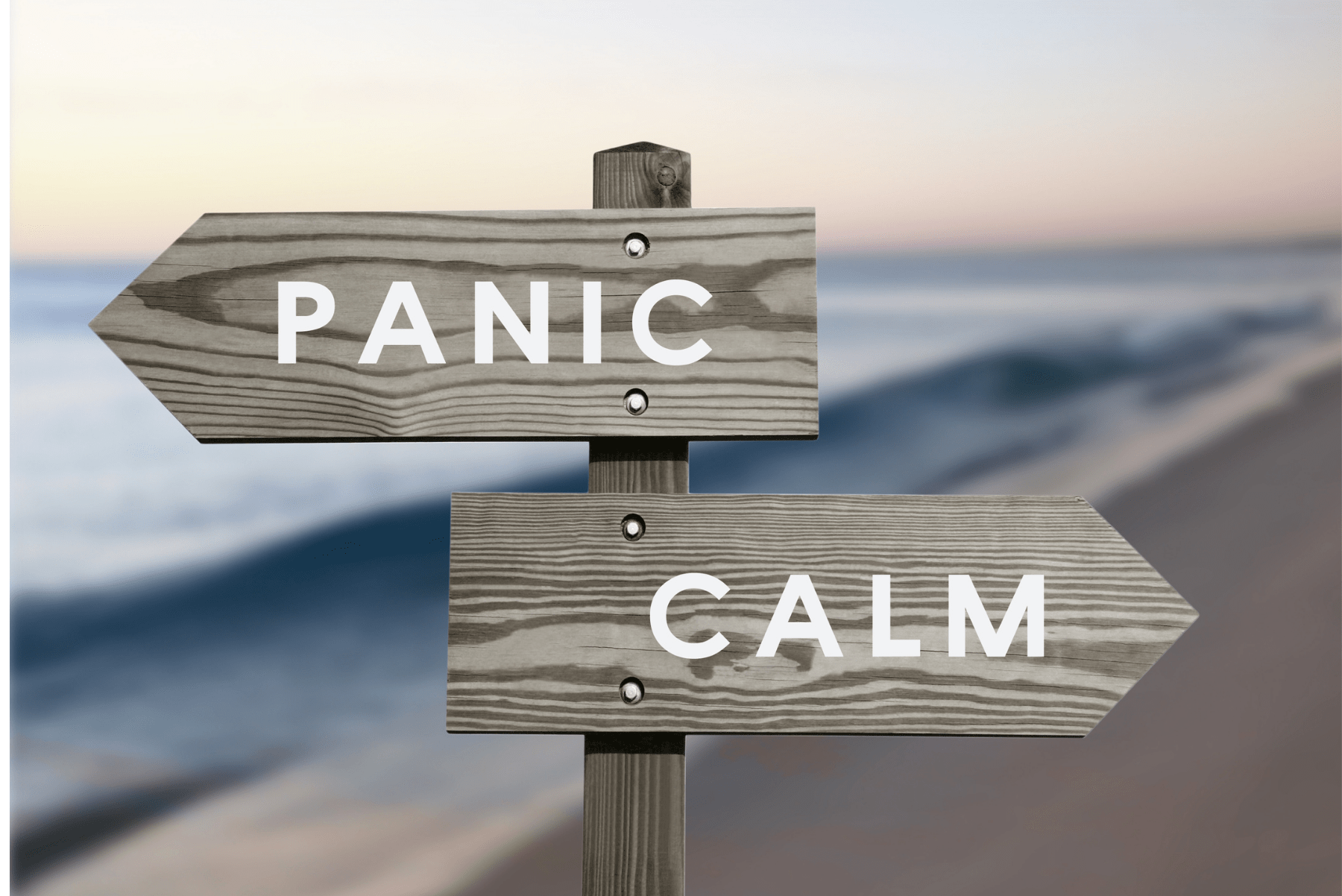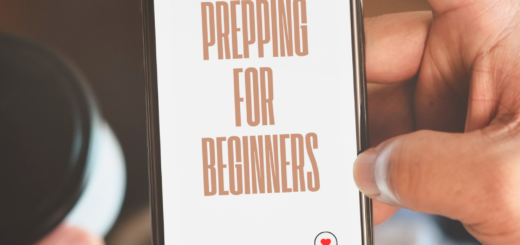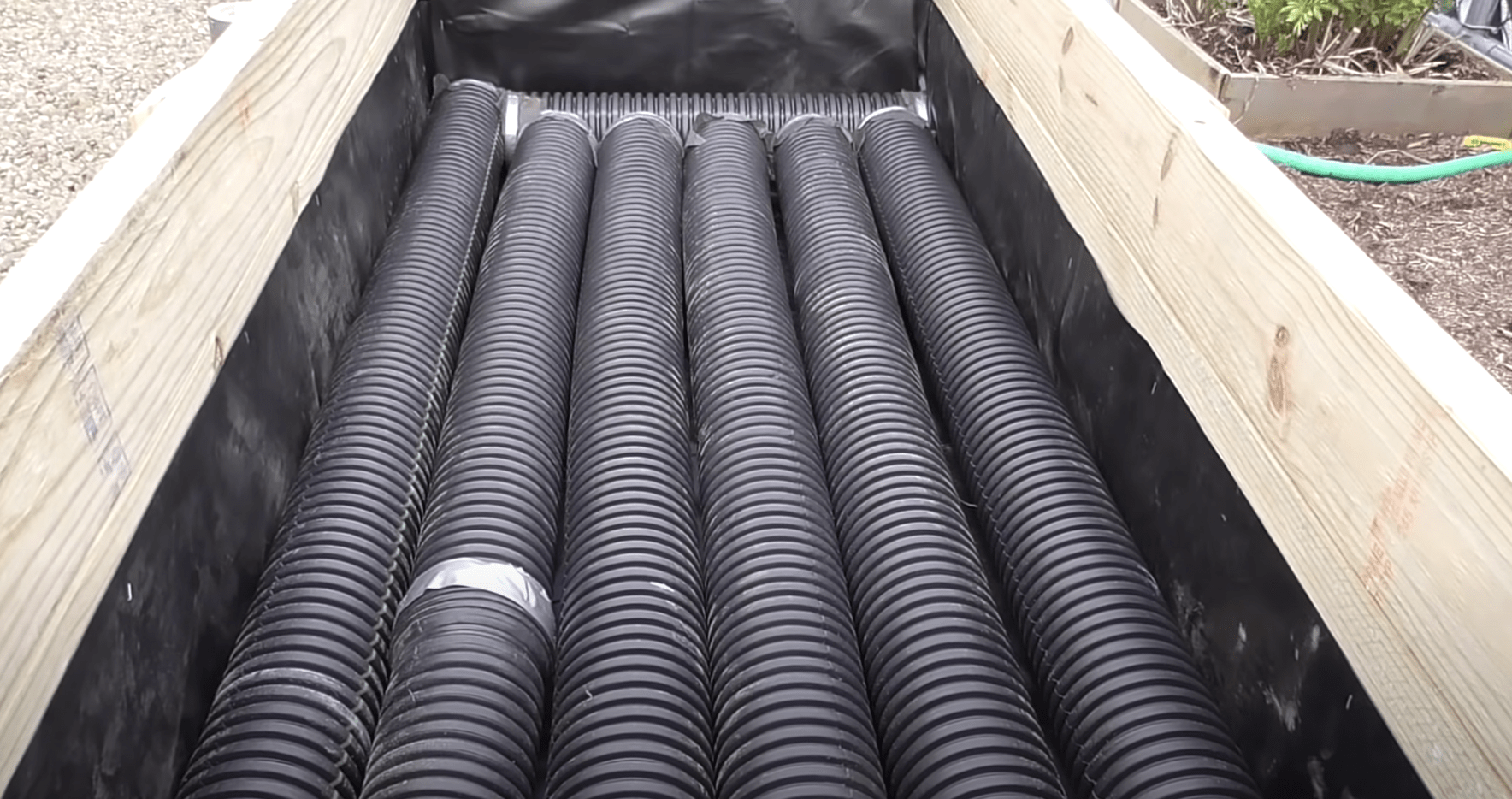Prepping For Beginners
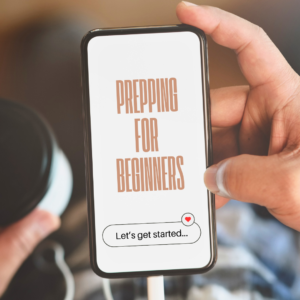
Prepping might seem like a monumental task, but at its core, it’s all about being ready for life’s curveballs. Think hurricanes, power outages, or even just job loss. Having a plan and some essentials set aside can make a world of difference.
First off, what exactly is prepping? Simply put, it’s the act of preparing for emergencies or disruptions. This doesn’t mean building a bunker and hoarding a decade’s worth of canned beans. It’s about having a balanced approach – enough to get you through tough times but not so much that it overwhelms your daily life.
You’ll come across various terms in the prepping world. ‘Bug-out bag’ might sound like an insect kit, but it’s actually a go-bag filled with essentials for a quick getaway. ‘Bugging in’ means staying put and riding out the storm from home. Getting familiar with this lingo makes everything less intimidating.
Many people think preppers are extreme survivalists. There’s this image of camo-clad folks living off-grid, but most preppers are everyday people. They just want to stay prepared – kind of like having a spare tire in your car. No one calls you paranoid for that, right? 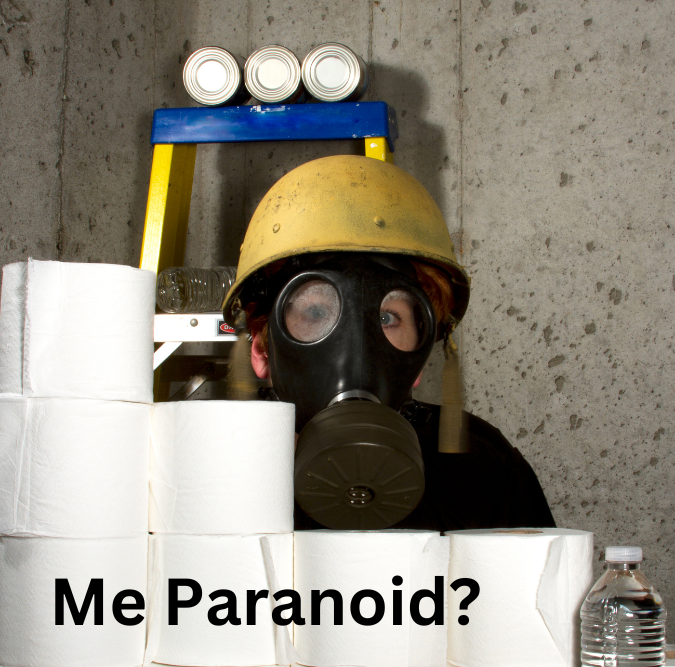
Having the right mindset is crucial. It’s about being proactive rather than reactive. When you plan ahead, you reduce panic and make informed decisions. This isn’t just smart; it’s empowering. Prepping gives you control over uncertain situations, making you feel more secure and less anxious.
Essential Supplies and Gear for Beginners
Starting with the basics, an emergency kit is your best friend. Think of it as a life jacket – you hope you never need it, but you’re relieved to have it when things go south. You’ll need items like a flashlight, batteries, a multi-tool, and some non-perishable food. Also, toss in a couple of water bottles and a first aid kit. This kit should be portable but comprehensive enough to cover at least 72 hours.
Food and water storage can’t be overlooked. Aim for at least a three-day supply for everyone in your household. Canned goods, dried fruits, nuts, and grains like rice and pasta are solid choices. Don’t forget a manual can opener; nothing’s worse than having food you can’t access. Storing water is just as necessary. You’ll want one gallon per person per day. If storage space is tight, look into water purification tablets or a portable water filter as a backup.
Medical supplies might seem straightforward, but it’s easy to miss some essentials. Beyond the usual bandages and pain relievers, include any prescription meds you or your family might need. Also, add items like antiseptic wipes, tweezers, scissors, and a digital thermometer. Knowing how to use these tools is equally important. Consider taking a basic first aid course to boost your confidence during a medical emergency.
Let’s talk tools and equipment. A multi-tool is versatile for all kinds of situations. Duct tape, a sturdy knife, and a portable stove can also be lifesavers. Think about adding a solar charger for your electronics. Staying connected can be vital, so having a way to charge your phone or radio is huge.
Worried about costs? Prepping doesn’t have to empty your wallet. Buy in bulk when items go on sale, and slowly build your supplies over time. Dollar stores can be treasure troves for basic items. Look for deals online and keep an eye out for second-hand gear. It’s not about having the most expensive gadgets; it’s about having reliable ones.
Creating a Prepper Plan: Strategies for Different Scenarios
Knowing the risks you might face helps you make better decisions. Your prepping plan should start with understanding the common emergencies specific to your region. If you live on the coast, hurricanes might be your biggest concern. In wildfire-prone areas, evacuation plans are crucial. Even urban dwellers need to consider things like power outages or public transportation strikes.
Family is everything, so having a solid emergency plan that everyone knows by heart is essential. Communication is key here. Decide on meeting points in case you’re separated. Have a list of emergency contacts and ensure everyone knows how to reach them. Assign roles based on individual strengths – it makes everything more efficient and less chaotic.
When it comes to bugging out versus bugging in, it’s all about the situation. Sometimes it’s safer to stay put, like during a severe storm. Other times, like if there’s a gas leak or fire, you have to get out fast. Your bug-out bag should be easily accessible and packed with essentials like IDs, cash, food, and water. A bug-in plan should include ways to secure your home, extra supplies, and a power outage strategy.
Staying informed is half the battle. Identify reliable sources of information like local news, weather apps, and emergency alert systems. Social media can be useful, but always verify the info from trusted sources. Having a battery-powered or hand-crank radio can keep you updated even when the power’s out.
Practice makes perfect, and this applies to prepping, too. Regular drills ensure everyone knows what to do without thinking twice. Run through different scenarios: a quick evacuation during the day, a power outage in the middle of the night, or a sudden severe weather alert. The more you practice, the more second nature it becomes.
Building Skills for Long-Term Survival
Learning essential survival skills is a game-changer. Knots, first aid, fire-starting, and basic navigation are good starting points. These skills can make the difference between thriving and just getting by during an emergency.
DIY projects can be both fun and useful. Creating your own prepper gear, like homemade water filters or solar-powered battery chargers, not only saves money but also gives you a deeper understanding of your tools. Get hands-on with gardening; it’s a great way to ensure a regular food supply. From planting veggies to preserving them, these skills help you become more self-reliant.
Don’t forget home security and self-defense. Personal safety is crucial, especially in uncertain times. Simple things like upgrading locks, installing security cameras, or even just having a dog can add an extra layer of protection. Basic self-defense techniques are worth learning, too.
Build connections within the prepper community. Local clubs or online forums can be gold mines for tips and support. Sharing experiences and learning from others keeps you motivated and informed, making your prepping journey a lot easier and more enjoyable.




